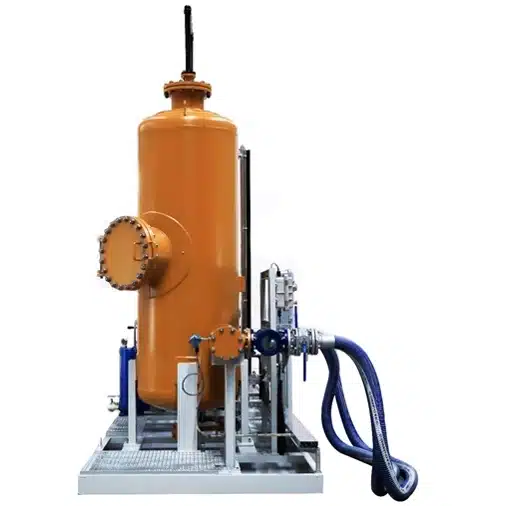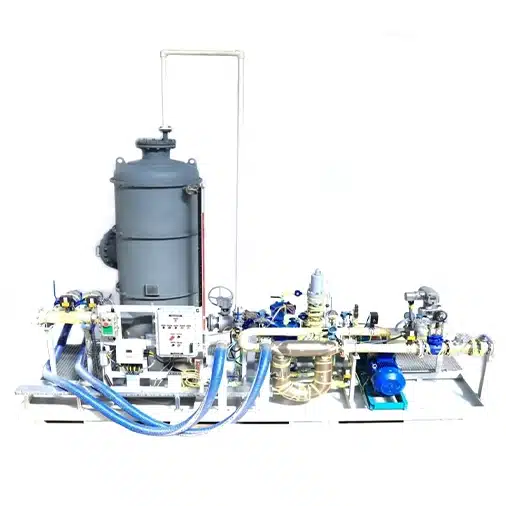What does automation mean? It refers to the implementation of technological systems that operate without the need for human intervention. These systems automate production, service, and operational processes using machines, software, and other technological tools.
What does automation mean? Automation is also a prominent technology that provides a competitive advantage in modern business life. The system accelerates business processes, optimizes resource utilization, and enables the delivery of higher-quality products or services. These systems are indispensable for both small-scale and large-scale businesses.
What Is Automation Technology?
“What is automation, and what is it used for?” Automation involves the execution of nearly all business processes through technology without the need for human intervention. This technology is utilized in many areas, from repetitive tasks on production lines to complex data analyses. Examples of its application include the industrial, logistics, and energy sectors.
The primary purpose of automation systems is to reduce labor costs, increase efficiency, and minimize error rates. These systems offer many advantages to businesses, including:
- Automation allows processes to be completed faster and with fewer errors. By replacing human-powered manual systems with automation, production and service processes can be completed in a shorter time.
- Automation reduces labor costs and operational expenses while optimizing energy consumption.
- Automation systems can work non-stop, 24/7, preventing production interruptions. This feature is particularly important for companies with large-scale production.
- Modern systems collect and analyze data from processes, providing businesses with strategic and accurate decision-making advantages.
- Automation technologies can be tailored and expanded according to business needs, allowing systems to grow as businesses grow.
- Automation standardizes each production stage, improving quality control processes.
- What is control and automation technology? The answer lies in its safety benefits. Automation systems protect workers in hazardous tasks, ensuring a safer work environment.

What Do Industrial Automation Technologies Mean?
Industrial automation refers to the general term for technologies that automate production and industrial processes.
Industrial automation technologies include various options such as robotic systems, programmable logic controllers (PLC), and embedded systems. The main features of these technologies are to make production lines faster, more efficient, and more reliable. These systems are generally used for repetitive tasks and help direct the workforce to more complex tasks.
Business process automation, a subfield of industrial automation, optimizes data processing and management tasks through technology. These systems facilitate large-scale data management and support rapid decision-making processes.
All these elements are provided by an automation company, which offers solutions tailored to the needs of industrial facilities. Automation companies help businesses increase energy efficiency through services such as project planning, system integration, and maintenance. In the business world, this translates to efficiency, reliability, and cost reduction.
Automation is a system that incorporates the opportunities provided by technology into business processes.
How Is an Automation System Built?
An automation system is the process of managing and optimizing a workflow automatically. The stages of creating such a system include several essential components.
One of the initial steps is determining the needs, which serves as the foundation of the process. Following this, the system is planned and designed. During this phase, it is crucial to identify the equipment and software to be used. Selecting the right equipment is essential to ensure the efficient operation of the system. Afterward, the software, which acts as the brain of the automation system, is programmed for control and monitoring processes. Finally, the installation, application, and testing phases are conducted. Once the system successfully passes testing, it becomes operational.
An automation system is successfully established through accurate needs analysis, proper equipment selection, and software integration.
For more information about automation technology, industrial automation technologies, and their benefits, you can contact the Mega Industry team and get answers to your questions.

